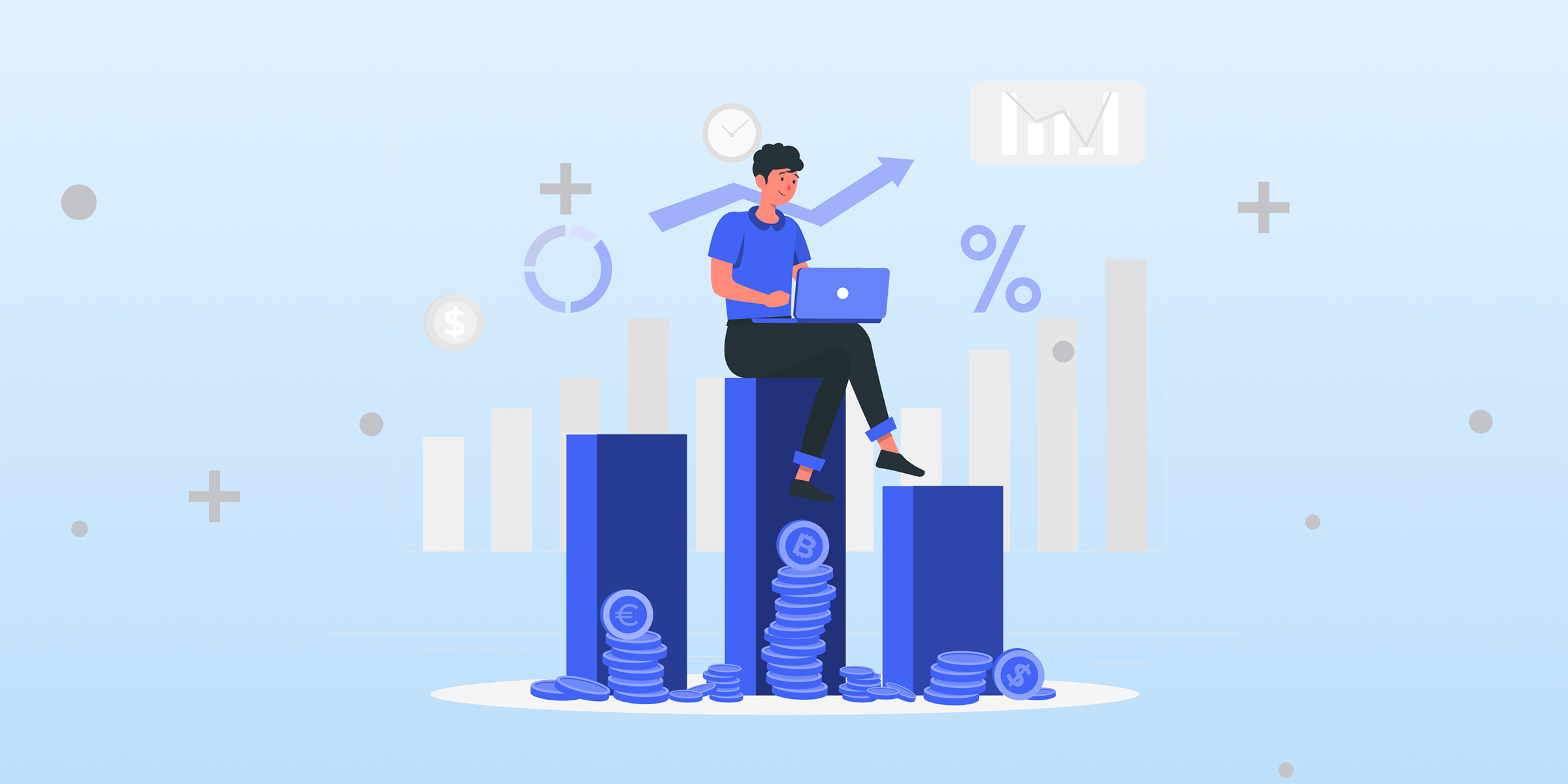Residential Proxies
Allowlisted 200M+ IPs from real ISP. Managed/obtained proxies via dashboard.

Proxies Services
Residential Proxies
Allowlisted 200M+ IPs from real ISP. Managed/obtained proxies via dashboard.
Residential (Socks5) Proxies
Over 200 million real IPs in 190+ locations,
Unlimited Residential Proxies
Unlimited use of IP and Traffic, AI Intelligent Rotating Residential Proxies
Static Residential proxies
Long-lasting dedicated proxy, non-rotating residential proxy
Dedicated Datacenter Proxies
Use stable, fast, and furious 700K+ datacenter IPs worldwide.
Mobile Proxies
Dive into a 10M+ ethically-sourced mobile lP pool with 160+ locations and 700+ ASNs.
Scrapers
Collection of public structured data from all websites
Proxies
Residential Proxies
Allowlisted 200M+ IPs from real ISP. Managed/obtained proxies via dashboard.
Starts from
$0.77/ GB
Residential (Socks5) Proxies
Over 200 million real IPs in 190+ locations,
Starts from
$0.045/ IP
Unlimited Residential Proxies
Unlimited use of IP and Traffic, AI Intelligent Rotating Residential Proxies
Starts from
$1816/ MONTH
Rotating ISP Proxies
ABCProxy's Rotating ISP Proxies guarantee long session time.
Starts from
$0.4/ GB
Static Residential proxies
Long-lasting dedicated proxy, non-rotating residential proxy
Starts from
$4.5/MONTH
Dedicated Datacenter Proxies
Use stable, fast, and furious 700K+ datacenter IPs worldwide.
Starts from
$4.5/MONTH
Mobile Proxies
Allowlisted 200M+ IPs from real ISP. Managed/obtained proxies via dashboard.
Starts from
$1.2/ GB
Scrapers
Web Unblocker
Simulate real user behavior to over-come anti-bot detection
Starts from
$1.2/GB
Serp API
Get real-time search engine data With SERP API
Starts from
$0.3/1K results
Video Downloader
Fully automated download of video and audio data.
Starts from
$0.07/GB
Scraping Browser
Scale scraping browsers with built-inunblocking and hosting
Starts from
$2.5/GB
Documentation
All features, parameters, and integration details, backed by code samples in every coding language.
TOOLS
Resources
Addons
ABCProxy Extension for Chrome
Free Chrome proxy manager extension that works with any proxy provider.
ABCProxy Extension for Firefox
Free Firefox proxy manager extension that works with any proxy provider.
Proxy Manager
Manage all proxies using APM interface
Proxy Checker
Free online proxy checker analyzing health, type, and country.
Proxies
AI Developmen
Acquire large-scale multimodal web data for machine learning
Sales & E-commerce
Collect pricing data on every product acrossthe web to get and maintain a competitive advantage
Threat Intelligence
Get real-time data and access multiple geo-locations around the world.
Copyright Infringement Monitoring
Find and gather all the evidence to stop copyright infringements.
Social Media for Marketing
Dominate your industry space on social media with smarter campaigns, anticipate the next big trends
Travel Fare Aggregation
Get real-time data and access multiple geo-locations around the world.
By Use Case
English
繁體中文
Русский
Indonesia
Português
Español
بالعربية

Big Data, as the name suggests, refers to extremely large and complex data sets that cannot be effectively processed using traditional data processing applications. These data sets are characterized by their volume, velocity, and variety, and they have the potential to provide valuable insights and support decision-making processes in various industries.
This data can originate from various sources such as social media, Internet of Things (IoT) devices, corporate transaction records, scientific research, and more. It is characterized by its Volume, Velocity, Variety, low Value density, and Veracity (often referred to as the 5Vs of Big Data). The advent of Big Data has revolutionized the way data is processed and analyzed, profoundly impacting business decision-making, scientific research, public services, and numerous other fields.
Proxies, on the other hand, are essential tools in the digital world that serve to conceal a user's true IP address by routing their internet traffic through an intermediary server. This technology is widely used for web scraping, data harvesting, anonymous browsing, and more, aiming to protect user privacy, bypass geographical restrictions, or access blocked content.
Proxies play a significant role in the context of big data by facilitating data collection and analysis processes. Proxies act as intermediaries between users and the internet, allowing users to access websites and online services anonymously. In the realm of big data, proxies are often used to gather data from multiple sources without revealing the identity or location of the user, thus ensuring privacy and security.
In the realm of data analysis, proxies can also be used to mask the real origin of data requests, making it difficult for websites to track and block data collection activities. This is particularly useful for businesses and researchers who rely on web scraping to collect data for analytical purposes. By using proxies, they can bypass restrictions and access the data they need without detection.
Furthermore, proxies can help manage and distribute data traffic more efficiently, improving the speed and reliability of data collection processes. By routing data requests through multiple proxies, organizations can reduce the risk of network congestion and minimize the impact of downtime on data collection activities.
In conclusion, proxies play a crucial role in the world of big data by enabling secure and efficient data collection and analysis processes. By leveraging proxies effectively, businesses and researchers can access the vast amounts of data available on the internet and extract valuable insights to drive innovation and decision-making.
Featured Posts
Popular Products
Residential Proxies
Allowlisted 200M+ IPs from real ISP. Managed/obtained proxies via dashboard.
Residential (Socks5) Proxies
Over 200 million real IPs in 190+ locations,
Unlimited Residential Proxies
Use stable, fast, and furious 700K+ datacenter IPs worldwide.
Rotating ISP Proxies
ABCProxy's Rotating ISP Proxies guarantee long session time.
Residential (Socks5) Proxies
Long-lasting dedicated proxy, non-rotating residential proxy
Dedicated Datacenter Proxies
Use stable, fast, and furious 700K+ datacenter IPs worldwide.
Web Unblocker
View content as a real user with the help of ABC proxy's dynamic fingerprinting technology.
Related articles

Essential for Amazon Competitor Analysis: ABCproxy + Amazon Scraper for Efficient Product/Review Data Collection
When it comes to Amazon competitor analysis, using ABCproxy + Amazon Scraper is essential for efficient product and review data collection. Stay ahead of the competition with this powerful combination!